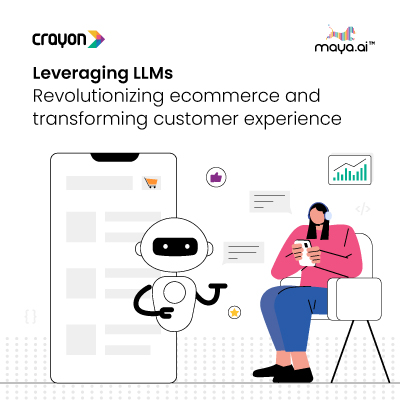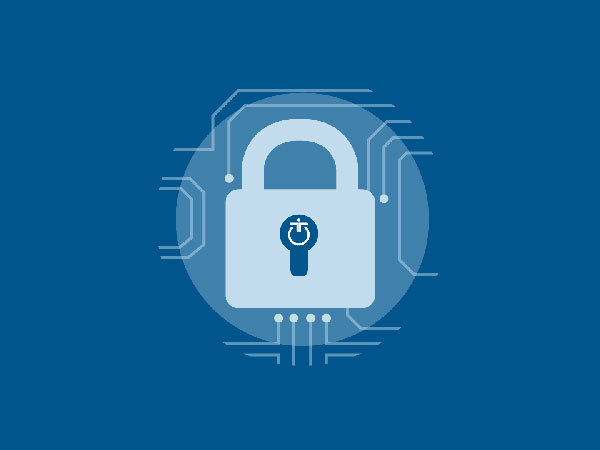In the past few years alone, the world has seen a rise in historic hacks. The Equifax data breach, for example, saw hundreds of millions of Americans have their information exposed. Events like these highlight the need for data security.
In today’s world, all of us have a large amount of data collected on us by a long list of sources. Social media, credit cards, and email alone create a treasure trove of data just waiting to be taken advantage of by cybercriminals.
While data security is important for individuals, it’s even more important for businesses. Having your identity stolen can create a world of trouble for an individual. But a business suffering a data breach can cause problems for many people within the organization as well as those it serves.
Data security is a must for businesses
As evidenced by recent historic hacks, most companies simply do not have high enough data security standards. They let this part of their business go unchecked and pay a hefty price later on.
Many companies don’t even have detection methods in place to alert them to a data breach. This is a simple solution to implement. And can be done at virtually no cost to the company. But obviously, a lot of companies don’t even take this most basic step, so they don’t even know they had a breach of internal data or customer data until months or even years after the fact.
Most hacks don’t occur as a result of some sophisticated hacking method. They simply happen because someone either fell victim to a phishing attack or failed to install a routine software patch. Proper training for all employees can help protect the data that an organization presides over.
If you don’t take every measure possible to protect yourself, your company’s reputation will be ruined, at the very least. Customers and business partners won’t trust you.
Examples of where data security is most needed
Data security is needed everywhere these days. That said, it can be helpful to know where to start. A few places to begin making sure you have adequate data security measures in place include:
- Make sure all employees know how to spot phishing attempts
- Have firewalls installed at the network level as well as on every personal computer in your network
- Use strong, unique passwords for all programs on all devices and change passwords regularly
- Wherever possible, keep data in offline cold storage until it needs to be used
- Put detection methods in place to alert you to intruders, and have protocols in place to follow if that happens
- Install all software patches as soon as they are released
This is not a comprehensive list, but it’s a good start. Simply doing these things will make you better prepared than many organizations today. If the companies that have seen historic hacks would have done these things, chances are they wouldn’t have been hacked.
The importance of having secure lines of communication
Communications security is essential to data security. If someone intercepts your written or spoken communications, they could potentially acquire information that would allow them to do damage to your company.
For this reason, a calling bridge can be beneficial. Bridge calling allows people to call a centralized number and enter a pin to join a conference. Having the ability to conduct such meetings in a secure manner greatly adds to the data security of an organization.
While the popularity of encrypted calling and messaging apps continues to grow, such apps don’t provide the functionality required by large organizations. In such cases, bridge calling can be a perfect solution.
GDPR and the implications
The European put the Commission General Data Protection Regulations (GDPR) in place in 2018. However, they’ve been discussing it as far back as 2012. These guidelines are designed to protect the data of citizens in European Union countries.
One of the goals of GDPR is to simplify the regulatory environment around data security. GDPR brings laws and obligations surrounding consent, privacy, and data up to par across Europe. GDPR applies to all organizations within Europe as well as those outside the EU that offer goods or services to customers or businesses in the EU. The regulations also require such organizations to report breaches when they happen.
In the end, everyone needs to be more mindful of the security of their data. Doing so would actually make the world a better place by preventing cybercrime and enhancing trust between people and organizations.




















